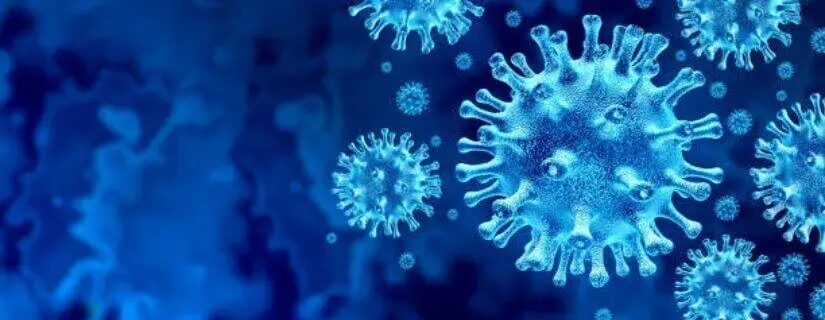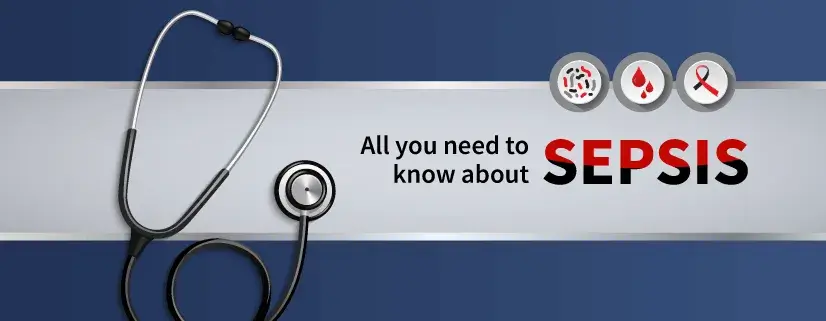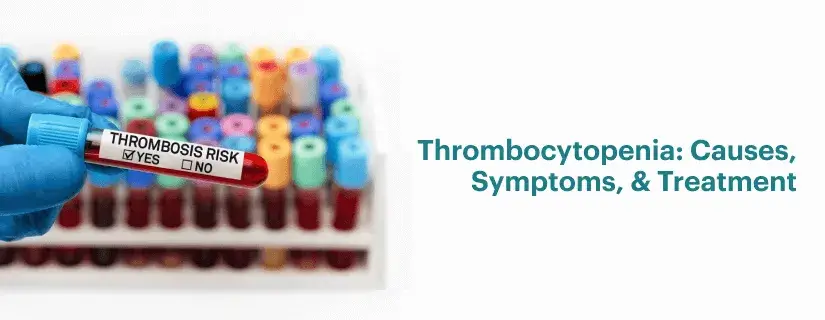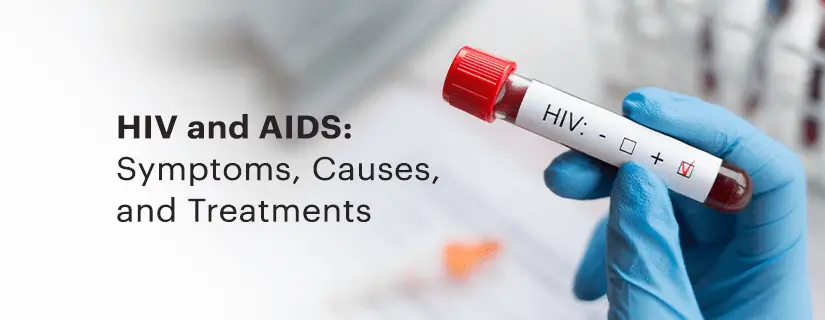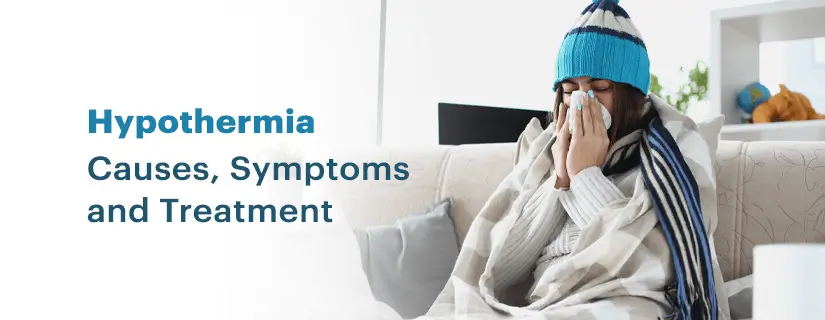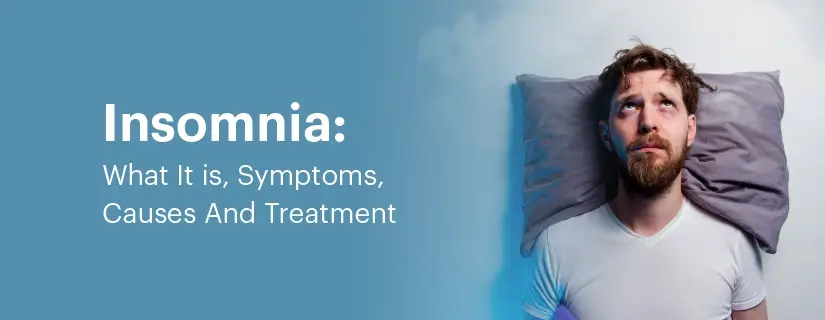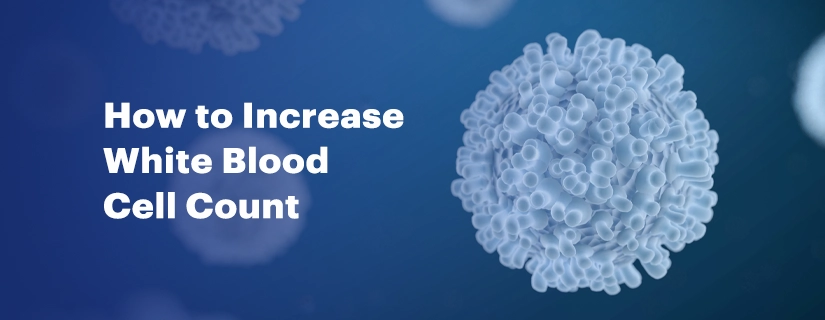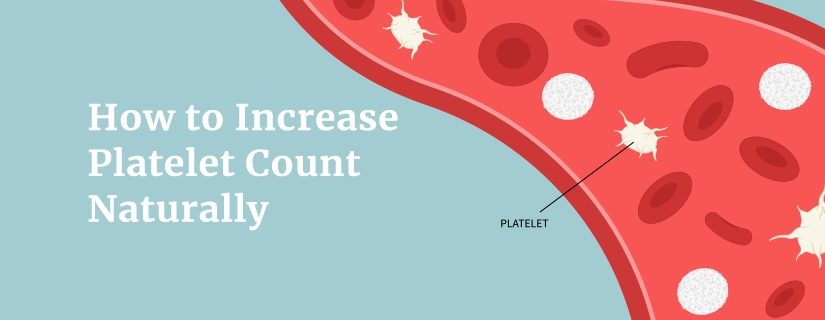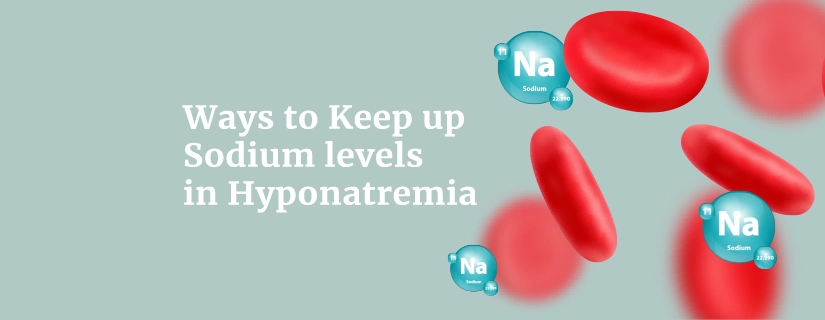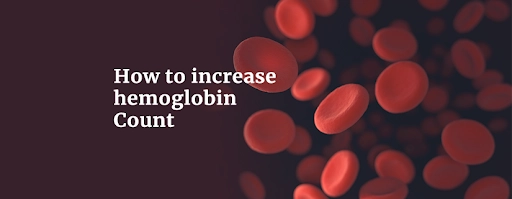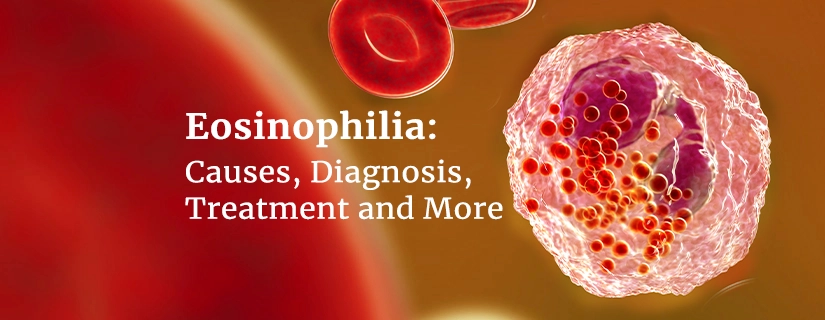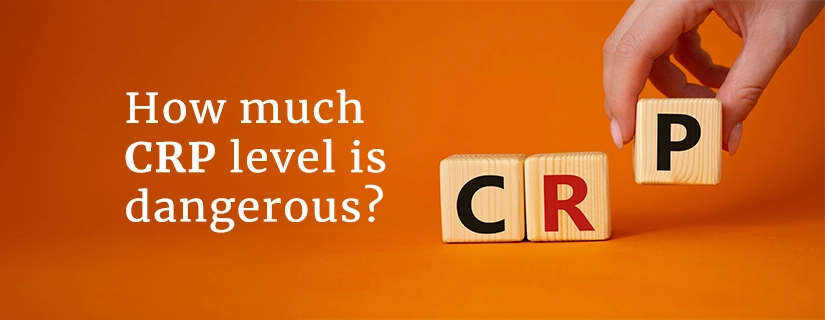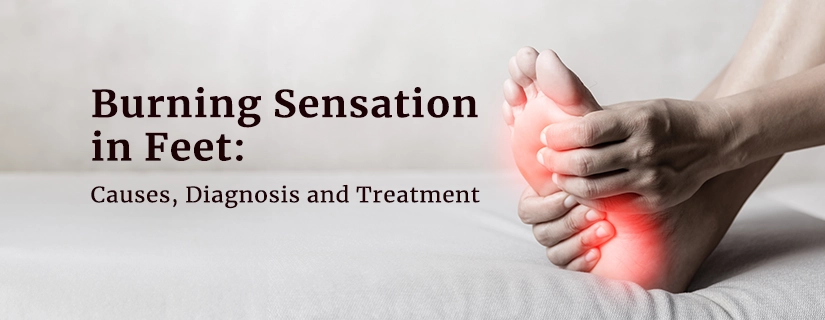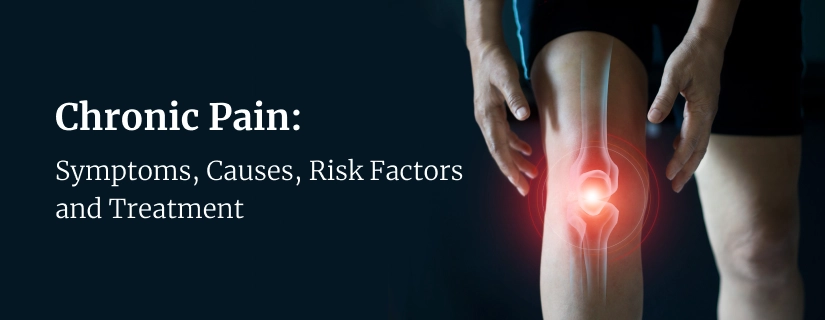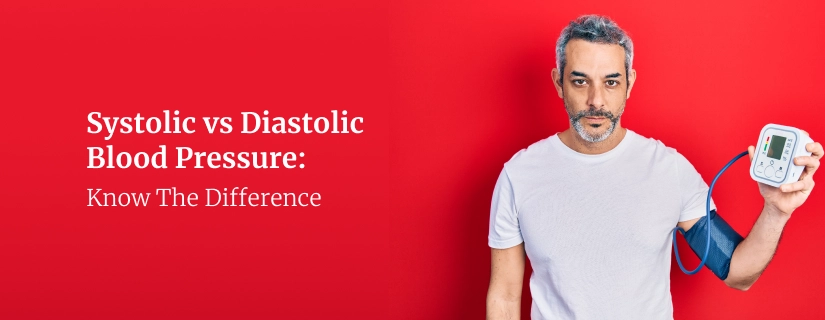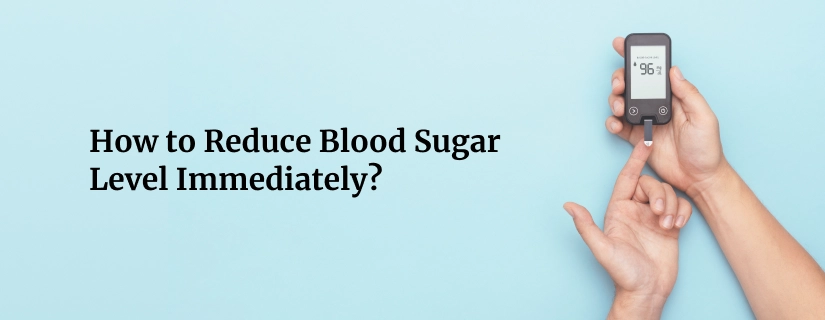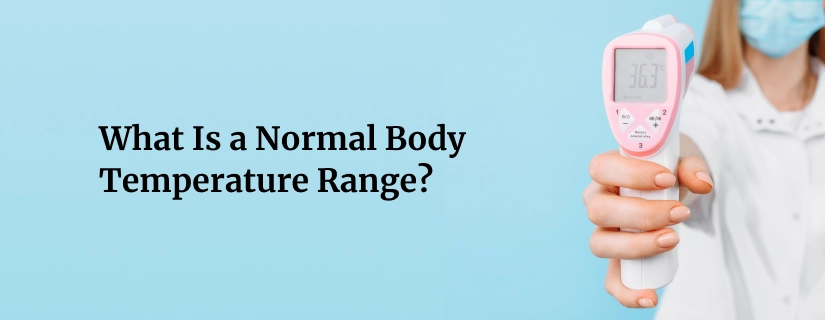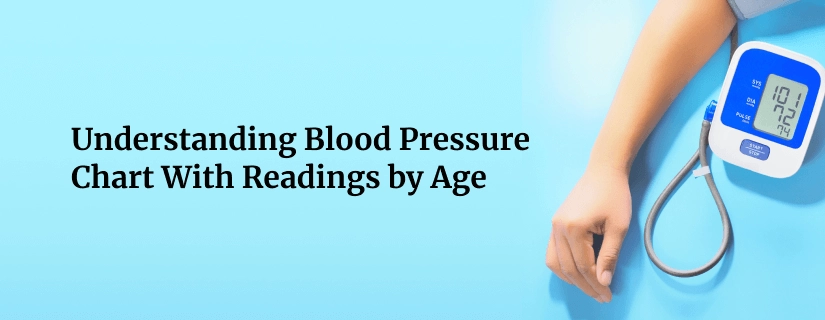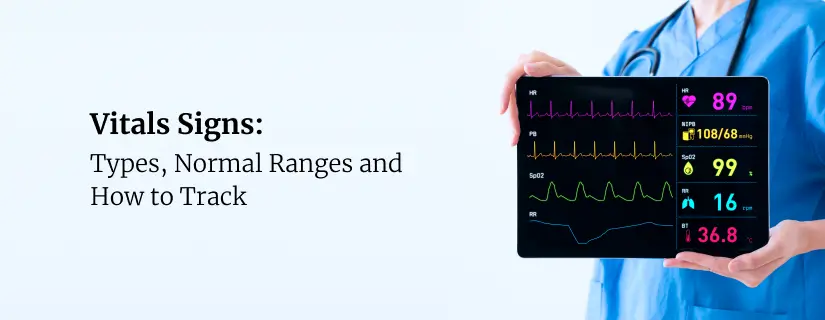-
Doctors
-
Specialities & Treatments
Centre of Excellence
Specialties
Treatments and Procedures
Hospitals & Directions HyderabadCARE Hospitals, Banjara Hills CARE Outpatient Centre, Banjara Hills CARE Hospitals, HITEC City CARE Hospitals, Nampally Gurunanak CARE Hospitals, Musheerabad CARE Hospitals Outpatient Centre, HITEC City CARE Hospitals, Malakpet
HyderabadCARE Hospitals, Banjara Hills CARE Outpatient Centre, Banjara Hills CARE Hospitals, HITEC City CARE Hospitals, Nampally Gurunanak CARE Hospitals, Musheerabad CARE Hospitals Outpatient Centre, HITEC City CARE Hospitals, Malakpet Raipur
Raipur
 Bhubaneswar
Bhubaneswar Visakhapatnam
Visakhapatnam
 Nagpur
Nagpur
 Indore
Indore
 Chh. Sambhajinagar
Chh. SambhajinagarClinics & Medical Centers
Book an AppointmentContact Us
Online Lab Reports
Book an Appointment
Consult Super-Specialist Doctors at CARE Hospitals
Signs and Symptoms of Thyroid Problems & How to Cure It?
Updated on 13 July 2022
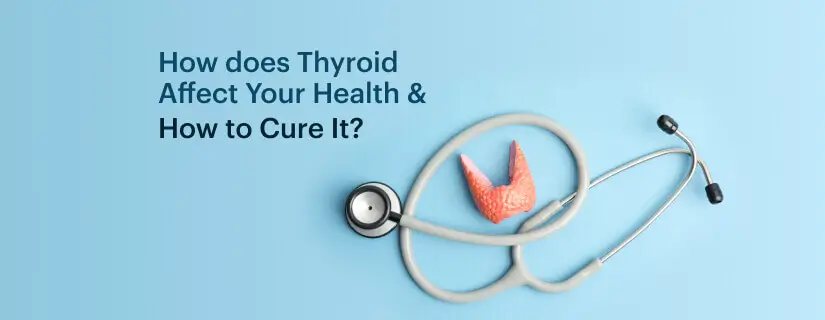
The thyroid gland refers to a gland that is placed in your neck, surrounding the trachea. It creates and releases hormones that help the human body carry out specific tasks. The gland releases hormones that control several critical functions in the body.
If the gland is not working normally, it is going to affect your whole body. When the body makes excess thyroid hormone, it results in a condition known as hyperthyroidism. In case the thyroid hormone produced by the body is not enough, one suffers from hypothyroidism. Both of these diseases are critical and must receive thyroid treatment from a healthcare provider.
Thyroid Disease
Hyperthyroidism, as well as hypothyroidism, may be the result of a number of underlying problems. The disorder is often passed genetically in families.
What the Thyroid Does?
The thyroid gland produces hormones, primarily triiodothyronine (T3) and thyroxine (T4), which play a critical role in regulating metabolism, energy production, body temperature, heart rate, and the function of other organs in the body. These hormones also influence growth and development in children.
Who is Affected by Thyroid Disease?
Thyroid diseases are common and can affect individuals of any age or gender. Women, especially those aged 30 and older, are more prone to thyroid disorders, particularly hypothyroidism and autoimmune thyroid conditions like Hashimoto's disease. However, thyroid issues can occur in men and women of any age.
Symptoms of Thyroid Disease
There exists a vast chunk of symptoms one can experience in the case of thyroid disease. Please note that the symptoms of thyroid problems usually bear similarities to several signs of different medical conditions and problems. This often makes it hard to pinpoint whether these symptoms indicate a thyroid disorder or any other disease.
Broadly speaking, most thyroid symptoms in female are categorised into two further groups: the disease that releases extra thyroid hormone is hyperthyroidism, and the disease that releases insufficient thyroid hormones is hypothyroidism.
Signs of overactive Thyroid or hyperthyroidism:
- Anxiety, nervousness, and irritability.
- Disturbed sleep.
- Unexplained weight loss.
- Suffering from goitre.
- Weakness and tremors in Muscles
- Irregular or stopped menstrual cycles.
- Heat sensitivity.
- Eyesight problems and irritation.
Signs of underactive Thyroid or hypothyroidism:
- Unusual fatigue.
- Unexplained weight gain.
- Increased forgetfulness.
- Frequent and excess menstrual cycles.
- Dry and damaged hair.
- Hoarse voice.
- Cold sensitivity.
Causes of Thyroid Disease
Thyroid disorders can arise due to various factors:
- Autoimmune conditions: Disorders like Hashimoto's thyroiditis and Graves' disease occur when the immune system attacks the thyroid gland.
- Iodine deficiency: Inadequate intake of iodine, an essential mineral for thyroid hormone production, can lead to thyroid problems.
- Genetics: Family history and genetic predisposition can increase the risk of thyroid disorders.
- Thyroid nodules or tumors: Growths or lumps in the thyroid gland can affect hormone production.
Risk Factors for Thyroid Disease
You may be at a higher risk of developing a thyroid condition if you:
- Were assigned female at birth (AFAB), as AFAB individuals are five to eight times more likely to have thyroid issues compared to those assigned male at birth (AMAB).
- Have a family history of thyroid disease.
- Have Turner syndrome.
- Are taking medications high in iodine.
- Live in an area without iodized salt, increasing the risk of iodine deficiency.
- Are over 60, particularly if you are AFAB.
- Have undergone radiation therapy to the head or neck.
Autoimmune diseases also raise your risk, especially if you have conditions like:
- Pernicious anemia.
- Type 1 diabetes.
- Celiac disease.
- Addison’s disease (primary adrenal insufficiency).
- Lupus.
- Rheumatoid arthritis.
Diagnosis of Thyroid Disease
Diagnosis involves a combination of medical history, physical examination, and tests, which may include blood tests to measure thyroid hormone levels (TSH, T3, T4), imaging tests like ultrasound or thyroid scans, and sometimes biopsy of thyroid nodules.
Prevention of Thyroid Disease
Thyroid diseases are usually not preventable since most cases are associated with genetic factors or autoimmune conditions, which you cannot control.
However, you might be able to prevent thyroid issues related to having too much or too little iodine. If you have concerns about getting the right amount of iodine, consult your healthcare provider.
Treatment of Thyroid Disease
The ultimate goal of your healthcare provider is to push the levels of your thyroid hormone back to normal. This is possible to do in a number of methods, and all of these thyroid treatments are specifically dependent on your unique cause of thyroid condition.
In case you are struggling with excess thyroid hormone levels or hyperthyroidism, you can have treatment options such as:
- Anti-thyroid medications can effectively stop the thyroid gland from producing too many hormones.
- Radioactive iodine treatment works by damaging your thyroid gland cells, thereby stopping it from producing such a high quantity of hormones.
- Beta-blockers are not capable of changing the number of hormones produced in the body but are effective in helping you to control the related symptoms.
- Surgery is the last and most serious form of treating Thyroid. In this case, your doctor can surgically take the Thyroid out of your body through a process called thyroidectomy. This is permanently going to stop the gland from producing hormones. This implies that you will have to consume replacement thyroid hormones regularly for your entire life.
In case you are struggling with insufficient thyroid hormone levels or hypothyroidism, you can have treatment options such as:
-
Thyroid hormone replacement medicines are an artificial way of adding thyroid hormones directly into the system. With the help of this medication, you will be able to control your disease and continue living normally.
If you are looking for natural ways to keep your Thyroid in check, these are a few measures that can successfully boost the health of your Thyroid:
- Include iodised salt in the diet.
- Avoid foods like cabbage and broccoli.
- Avoid excessively processed or preserved food such as white bread and pasta.
- Cut off alcohol and tobacco completely.
- Light workouts like walking or cycling must be included in your lifestyle
- Reduce stress levels
- Go for regular thyroid function tests
So, be vigilant for diseases like thyroid and immediately take help from your doctor in case you observe any symptoms. Follow the above natural measures and stay fit.
CARE Hospitals is deemed the best thyroid hospital in Visakhapatnam. We have the best doctors to treat thyroid disorders and they also provide diabetes treatment in India.
When to Consult a Doctor
You should contact your doctor if you experience any of the following symptoms:
- Arrhythmia: Any unusual heart rhythm warrants immediate attention, whether your heart is beating irregularly, too quickly, or too slowly. If you think you're having a heart attack, call 911 right away.
- Menstrual Irregularities: Pay attention to inconsistent menstrual cycles, heavy bleeding, or periods that are too frequent or too far apart, especially if you’re having difficulty conceiving.
- Subacute Thyroiditis: This may occur following a viral infection and can include symptoms such as neck pain or swelling, tremors, heart palpitations, feeling jittery, a racing heart, and fatigue despite being unable to sleep.
- Postpartum Thyroiditis: This condition usually arises within the first year after childbirth. It often begins with hyperthyroid symptoms before transitioning to the opposite extreme. While it’s quite common and usually resolves on its own without hormone replacement, some patients may need to follow up to ensure they haven’t developed hypothyroidism.
- Thyroid Nodules: These are also quite common and are often discovered incidentally during scans, as they are typically not visible unless they are large. If you have thyroid nodules that are overactive and producing excess thyroid hormone, they can be treated with medication, radioactive iodine, or in some cases, surgery.
FAQs
1. Can I live a normal life with thyroid disease?
Yes, many people with thyroid disease can lead normal, healthy lives with proper management and treatment. Regular check-ups and medication can help control symptoms and maintain hormone levels.
2. How do thyroid problems affect your body?
Thyroid problems can impact various bodily functions, including metabolism, energy levels, heart rate, and temperature regulation. They can lead to symptoms such as fatigue, weight changes, mood swings, and changes in skin and hair health.
3. How to check your thyroid at home?
While at-home checks are not definitive, you can do a simple neck check: stand in front of a mirror and swallow while observing the area below your Adam's apple. If you notice swelling or a lump, it may indicate a thyroid issue. However, for accurate diagnosis and testing, consult a healthcare professional.
4. Do cancer treatments affect thyroid function?
Yes, some cancer treatments, particularly radiation therapy to the neck or certain chemotherapy drugs, can affect thyroid function, potentially leading to hypothyroidism or other thyroid disorders.
5. When can thyroid problems start?
Thyroid problems can start at any age, but they are more common in women, particularly those over 60. Factors like genetics, pregnancy, and autoimmune conditions can also trigger thyroid issues.
6. Is thyroid a serious problem?
Thyroid problems can be serious if left untreated, leading to complications such as heart disease, osteoporosis, and severe metabolic disorders. However, with proper management, many people can effectively control their thyroid conditions.
7. What is the first stage of thyroid?
The first stage of thyroid dysfunction is often referred to as subclinical hypothyroidism or hyperthyroidism, where thyroid hormone levels may be slightly abnormal, but symptoms are not yet pronounced.
8. Can thyroid disease be cured?
While some thyroid conditions, like certain types of hypothyroidism, may not be curable, they can be effectively managed with medication and lifestyle changes. Regular monitoring is crucial to adjust treatment as needed.
9. How do I get my thyroid back to normal?
To normalize thyroid function, consult a healthcare provider for proper diagnosis and treatment. This may include medication, dietary changes, and regular monitoring of thyroid hormone levels.
10. How do thyroid problems start?
Thyroid problems can start due to various factors, including autoimmune diseases (like Hashimoto's or Graves' disease), genetic predisposition, iodine deficiency, and certain medications or medical treatments.
11. What age do thyroid issues start?
Thyroid issues can occur at any age but are most commonly diagnosed in middle-aged and older adults, particularly women. Conditions like Hashimoto's thyroiditis can develop in younger individuals.
12. What does thyroid pain feel like?
Thyroid pain may feel like tenderness or discomfort in the front of the neck, particularly when swallowing or touching the area. In some cases, thyroid inflammation (thyroiditis) can cause more pronounced pain and swelling.
13. Does the thyroid cause belly fat?
Thyroid disorders, particularly hypothyroidism, can lead to weight gain and changes in body composition, including increased belly fat. Proper management of thyroid levels can help regulate weight.

ENQUIRY FORM
SELECT CATEGORIES
-
Neurosciences (16)
-
Neurology (37)
-
Neurosurgery (14)
-
Orthopaedics (48)
-
Oncology (33)
-
Obstetrics and gynecology (52)
-
Pulmonology (23)
-
Urology (20)
-
Nephrology (13)
-
Psychiatry (7)
-
Dietetics and Nutrition (111)
-
General Medicine (63)
-
Cardiac Sciences (32)
-
Vascular & Endovascular Surgery and Interventional Radiology (15)
-
Gastroenterology (46)
-
Endocrinology (23)
-
Plastic Surgery (10)
-
Critical Care Medicine (5)
-
COVID-19 (16)
-
Dermatology (16)
-
Emergency Care (1)
-
Ophthalmology (4)
-
Pediatrics (14)
-
Laparoscopic and Bariatric Surgery (8)
-
ENT (15)
-
Kidney Transplant (1)
-
Liver Transplantation and Hepatobiliary Surgery (5)
-
General Surgery (3)
-
Internal Medicine (5)
-
Medicine Information
Monsoon Illness in Children: 9 Tips to Protect Your Children
Do You Know Weight Loss Can Actually Help you Prevent Heart Attack?
YOU MAY ALSO LIKE
RECENT BLOGS
-

Preterm Birth (Premature Birth): Symptoms, Causes, Treatment and Prevention
13 May 2025
Read More
-

Rotablation Angioplasty: Benefits, Treatments, And Recovery Time
9 May 2025
Read More
-

What Is The Difference Between IUI and IVF?
9 May 2025
Read More
-

Venous Malformations: Causes, Symptoms, and Treatment
30 April 2025
Read More
-

Varicose Vein Foam Sclerotherapy: Treatment, Benefits, and Procedure
30 April 2025
Read More
-

Radiofrequency (RF) Ablation Treatment for Varicose Veins: Know More
30 April 2025
Read More
-

Varicose Vein Sclerotherapy: Treatment, Benefits, and Procedure
30 April 2025
Read More
-

Varicose Vein Endovenous Laser Ablation: Procedure, Benefits, Risks
30 April 2025
Read More
Have a Question?
If you cannot find answers to your queries, please fill out the enquiry form or call the number below. We will contact you shortly.



